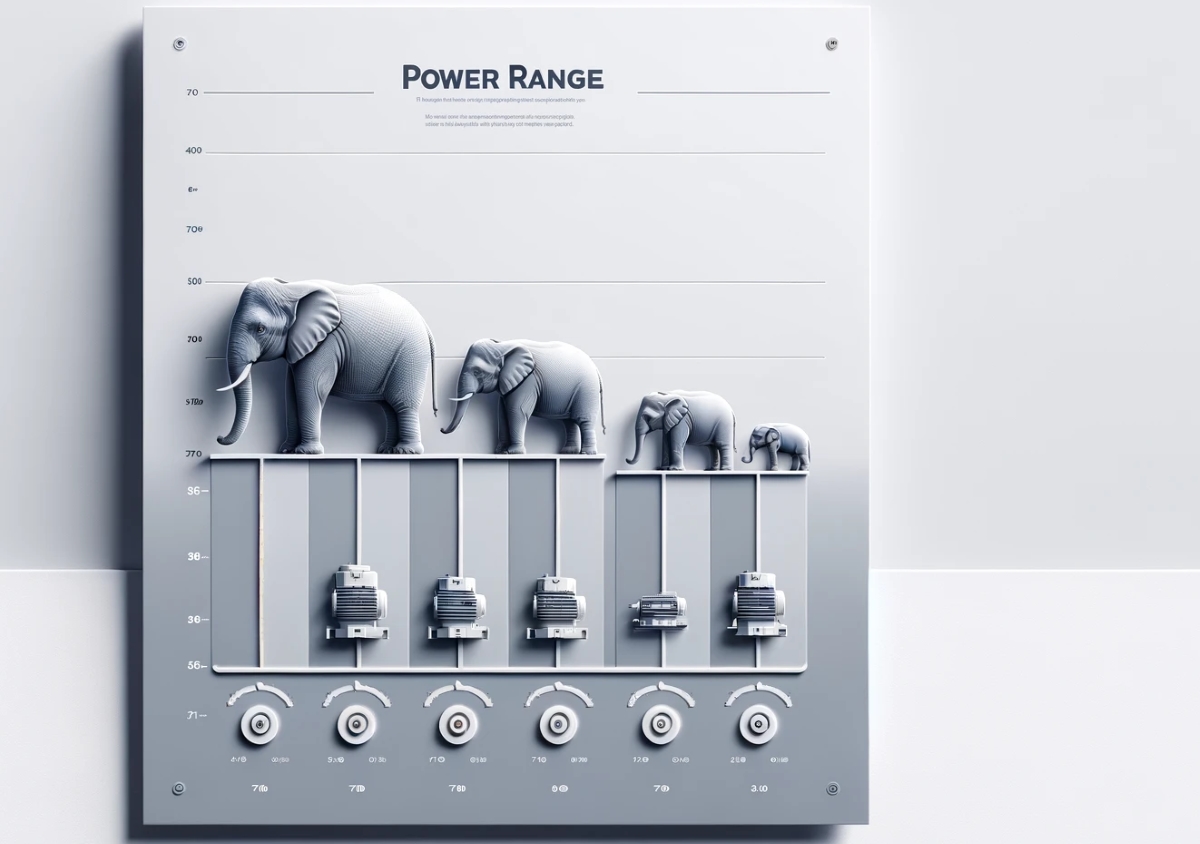How do I choose a DC drive?

Hello DC Control friends,
Choosing a DC (Direct Current) drive for your application involves multiple considerations such as motor requirements, performance, environmental conditions, and budget. Here are some factors you should consider:
Requirements Gathering
Motor Specifications: Know your motor's voltage, current, and power ratings. DC drives should be compatible with these.
Purpose and Application: Different applications (like conveyors, pumps, fans) have different requirements in terms of speed, torque, and control.
Speed Range: Ensure that the DC drive can handle the speed range you require for your application.
Control Modes: Whether you need simple speed control or more complex torque and positional control can dictate the type of DC drive you require.
Performance and Features
Efficiency: Look for a drive that operates efficiently, converting a high percentage of electrical power into mechanical power.
Regenerative Capability: If your application involves frequent starts and stops or changes in direction, a drive with regenerative capabilities might be useful.
Safety Features: Overcurrent, over/under-voltage, and thermal protection are good features to have.
Communication: Make sure the DC drive has the appropriate communication ports (like Ethernet, RS-485, or others) to integrate into your system.
Scalability: Choose a drive that can be easily upgraded or is compatible with other system elements if you plan on expanding or upgrading in the future.
Environmental and Physical Aspects
Operating Environment: Make sure the drive can operate effectively in your environment. This includes temperature ranges, humidity, and other factors.
Form Factor: Ensure the physical size of the DC drive will fit in the space allocated for it.
Certifications: Look for quality and safety certifications like ISO, CE, or UL, especially if you're in a regulated industry.
Budget and After-Sales
Cost: Make sure to factor in not just the upfront cost but also operational and maintenance costs.
Warranty and Support: Consider the manufacturer’s warranty terms and how easy it is to get technical support.
Vendor Reputation: Look for reliable vendors with good reviews and preferably a track record in your specific industry.
Miscellaneous
User Interface: Consider how easy it is to program and operate the DC drive.
Documentation: Make sure adequate documentation and manuals are available to assist in setup and troubleshooting.
Community and Reviews: Sometimes user reviews and forums can provide invaluable insights into how well a DC drive performs in the real world.
By taking into account these factors, you can make a well-informed decision about which DC drive is right for your specific application.
While the use of DC drives in industry (at least at high power levels) has diminished, they are still widely found. Below, we have attempted to answer the most frequently asked questions about DC drives from our visitors.
- What are the operating principles of DC drives?
- What are the different types of DC drives?
- What are the key differences between DC drives and AC drives?
- What are the typical applications for DC drives?
- How energy-efficient are DC drives?
- What are the control methods used in DC drives?
- What type of DC drive is most suitable for a specific DC motor?
- What are the most common problems and solutions associated with DC drives?
- What are the power ranges used in DC drives?
- What additional components are used alongside DC drives?
- What are the advantages and disadvantages of DC drives?
- How do I choose a DC drive?
- How scalable are DC drives?
- Is integration between a DC drive and a PLC possible?
- What are the lifespan and maintenance requirements for DC drives?
- What safety features are included in DC drives?
- How is the dynamic response in DC drives?
- What feedback options are available in DC drives?
- What types of protection mechanisms are used in DC drives?
- What types of sensors can be used with DC drives?
These questions generally also encompass the types of queries that many people may have about DC drives. Each user or student will have their own unique question or interpretation depending on the specific situation or application. The answers provided are not binding and are not definitive. "You are welcome to share the article above as long as you cite it as the source." 05.2019
Your shopping cart is empty!
